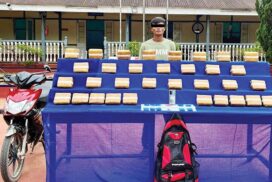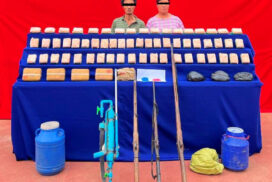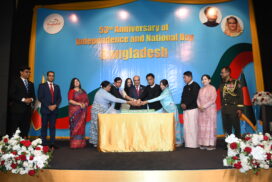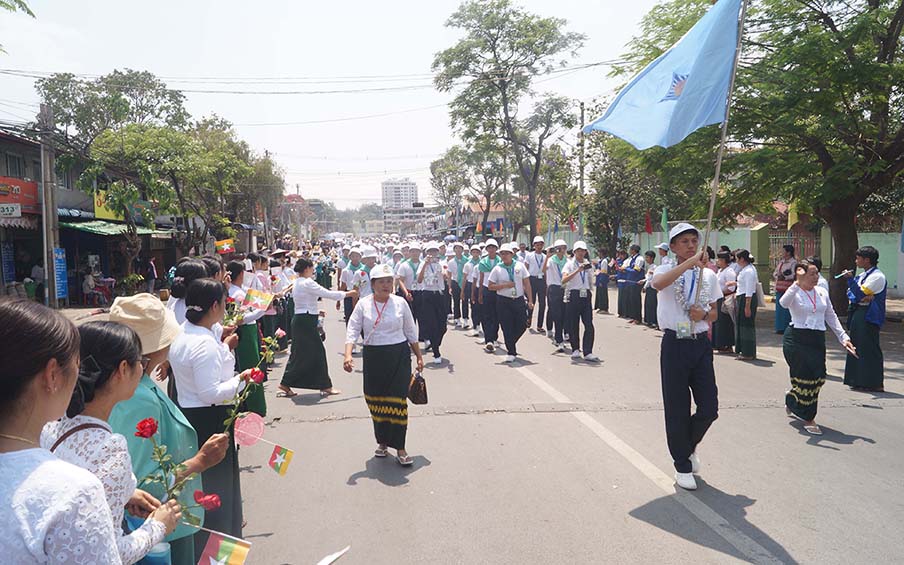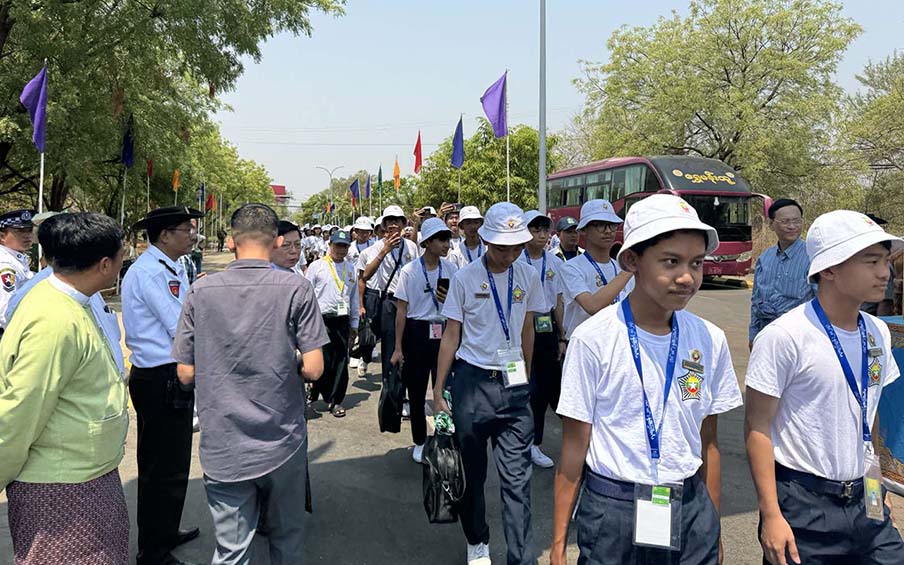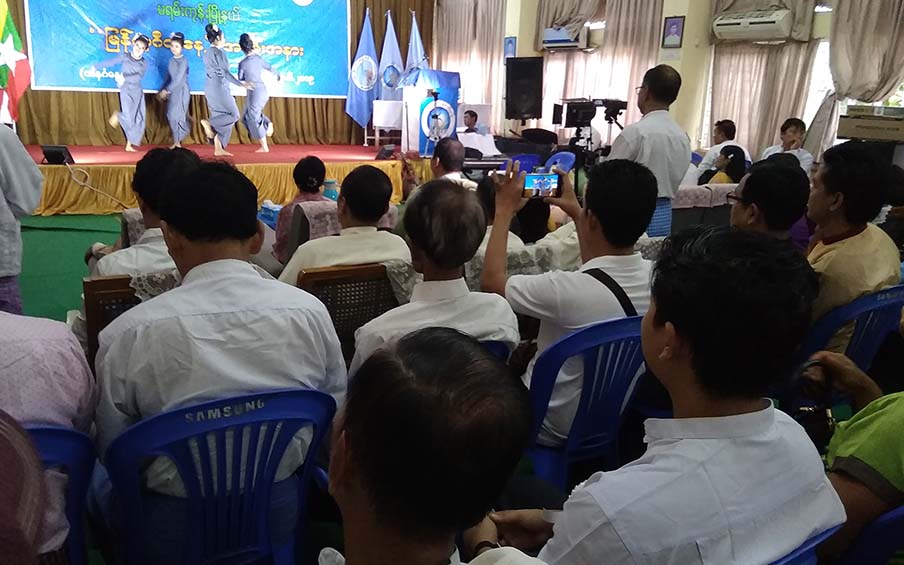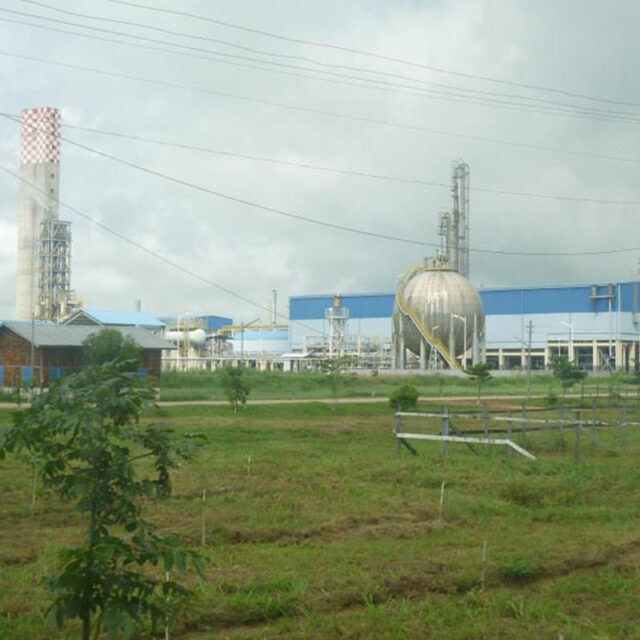In recent developments, Myanmar has successfully intercepted billions of kyats worth of narcotic drugs, including Ice and stimulant tablets, in its territorial seas, notably in PyinOoLwin, Mandalay, and Yangon. This concerted effort is aimed at mitigating the pervasive dangers posed by narcotic drugs, not only to the youth but also to their families and society at large.
The scourge of narcotic drug production and trafficking is a pressing issue faced by Myanmar, akin to challenges experienced by other nations. The Myanmar government, recognizing the severity of the problem, has consistently seized large volumes of narcotic drugs in fulfilment of its national duty across successive eras.
The roots of the drug problem in Myanmar can be traced back to the colonial era when the British colonialists permitted poppy cultivation and opium use among residents. Despite the government’s immediate post-independence commitment to eradicating narcotic drugs, the issue became entangled with internal armed insurgency, persisting to this day.
The adverse impact of colonialism, particularly under British rule, has left a legacy of armed conflicts, opium abuse, and poppy cultivation. The Opium Act of 1909, enacted by the British colonialists in Myanmar, exacerbated the situation. The Act did not apply uniformly across regions, leading to unequal regulations in states like Kachin, Chin, and Shan. In Shan State, lax regulations allowed individuals to possess up to 292 grammes of opium at maximum, contributing to an increasing number of drug addicts.
The post-independence period witnessed the escalating challenge of drug-related issues, prompting the implementation of effective drug control and prevention measures. Notably, between 1976 and 1988, extensive drug eradication operations were conducted, resulting in significant casualties among Tatmadaw and police members. Concurrently, rehabilitation camps for drug addicts were established to facilitate their recovery and reintegration into families and society.
Myanmar, recognizing the global nature of the drug problem, signed the 1988 United Nations Convention against Illicit Traffic in Narcotic Drugs and Psychotropic Substances in 1991 and the 1971 UN Convention on Psychotropic Substances in 1994. Presently, Myanmar collaborates with neighbouring countries, signing agreements and action plans as part of a collective drug control and eradication effort.
As the government acknowledges the gravity of the situation, it continues to work tirelessly to fulfil its national duty to eradicate narcotic drugs. The commitment extends beyond borders, reflecting Myanmar’s dedication to addressing the global concern of narcotics and securing a drug-free future for its citizens.
Go on eradication of narcotic drugs as national duty
- January 27, 2024
- 138



